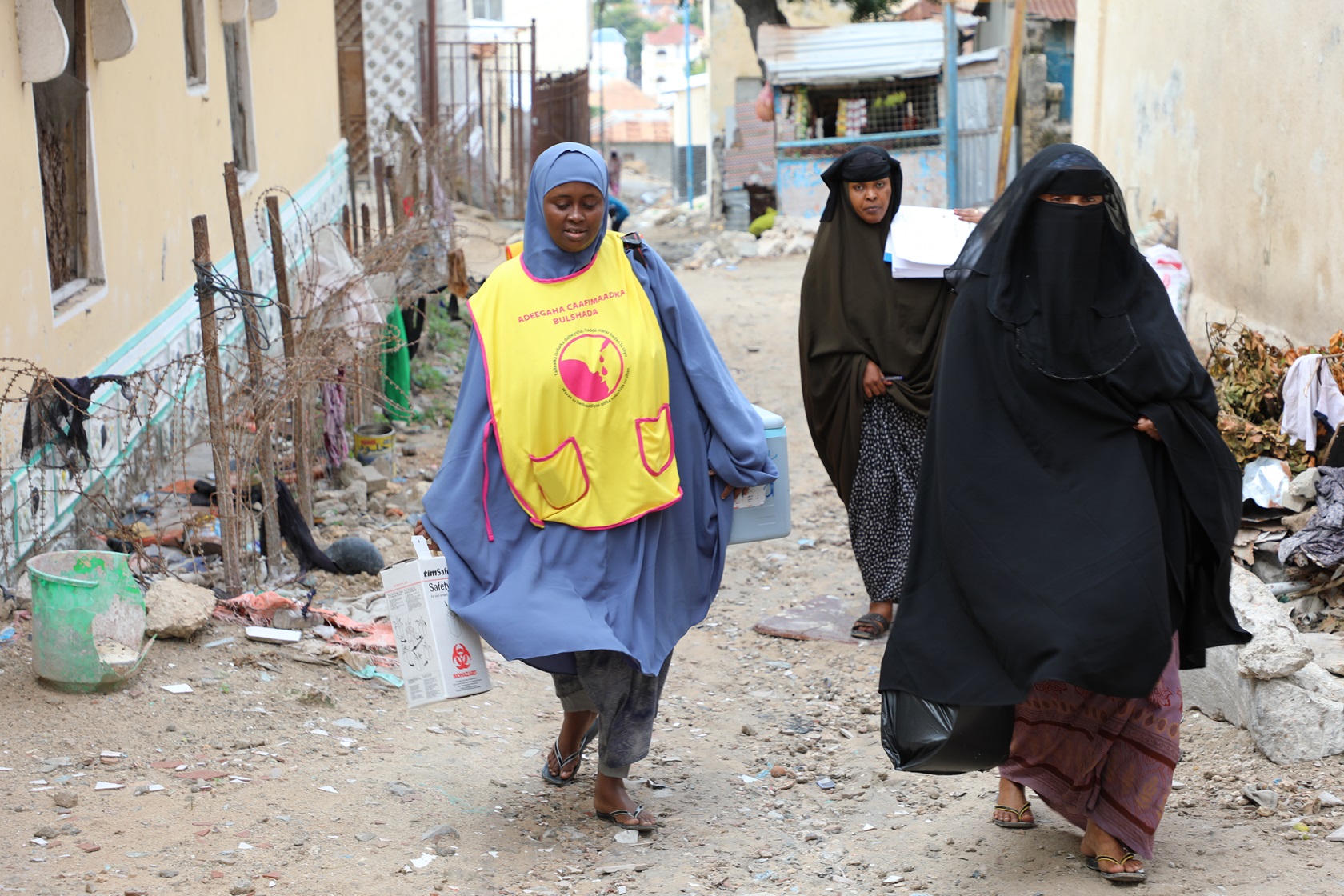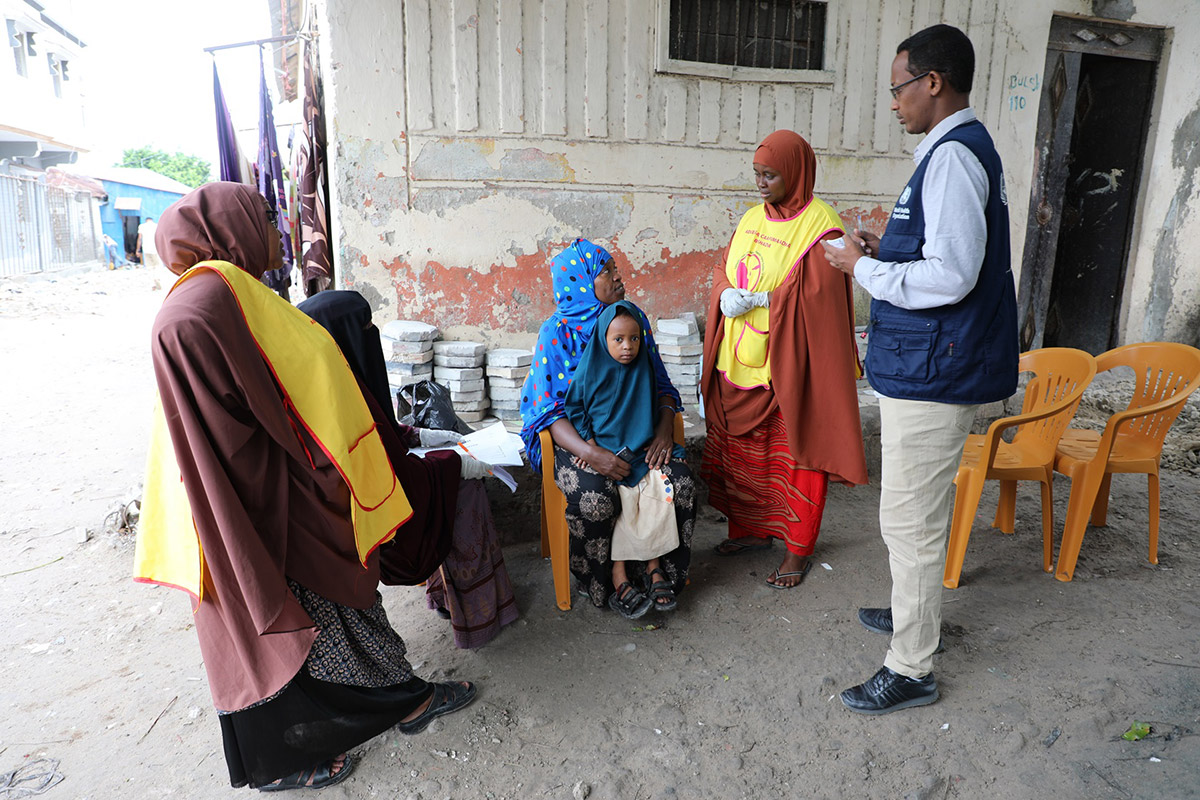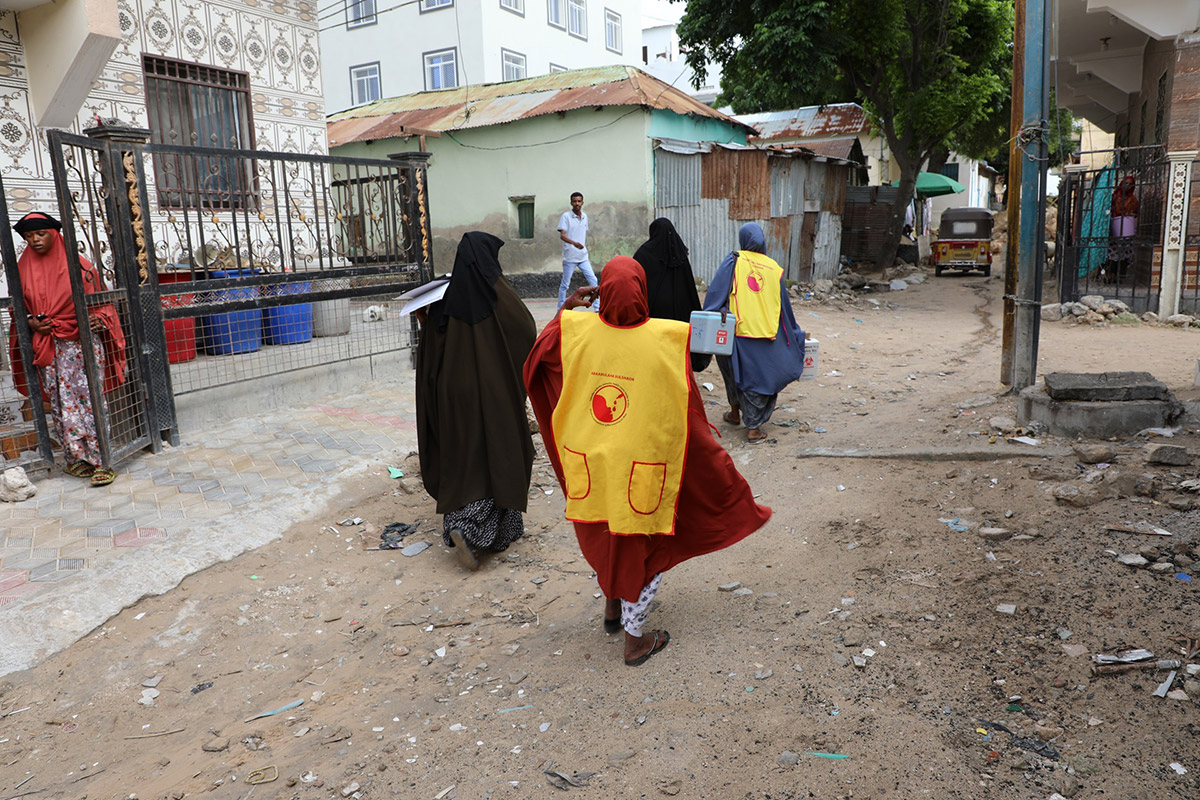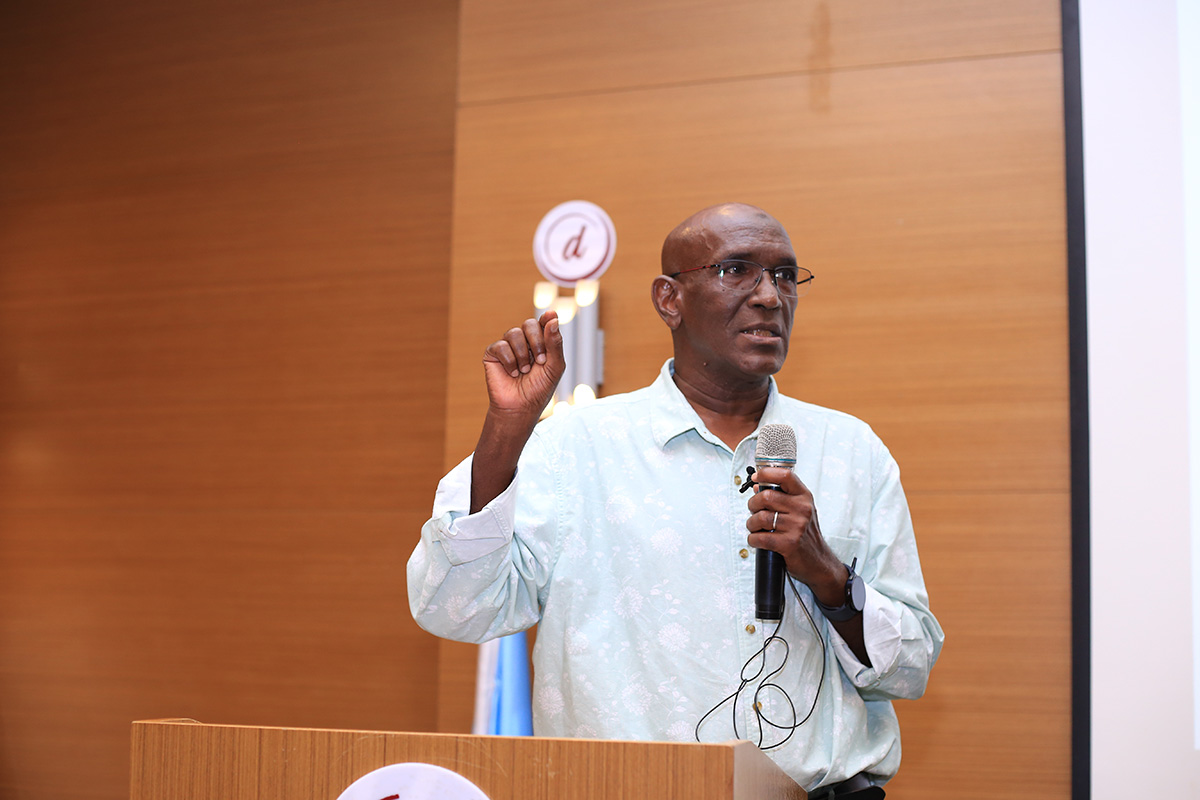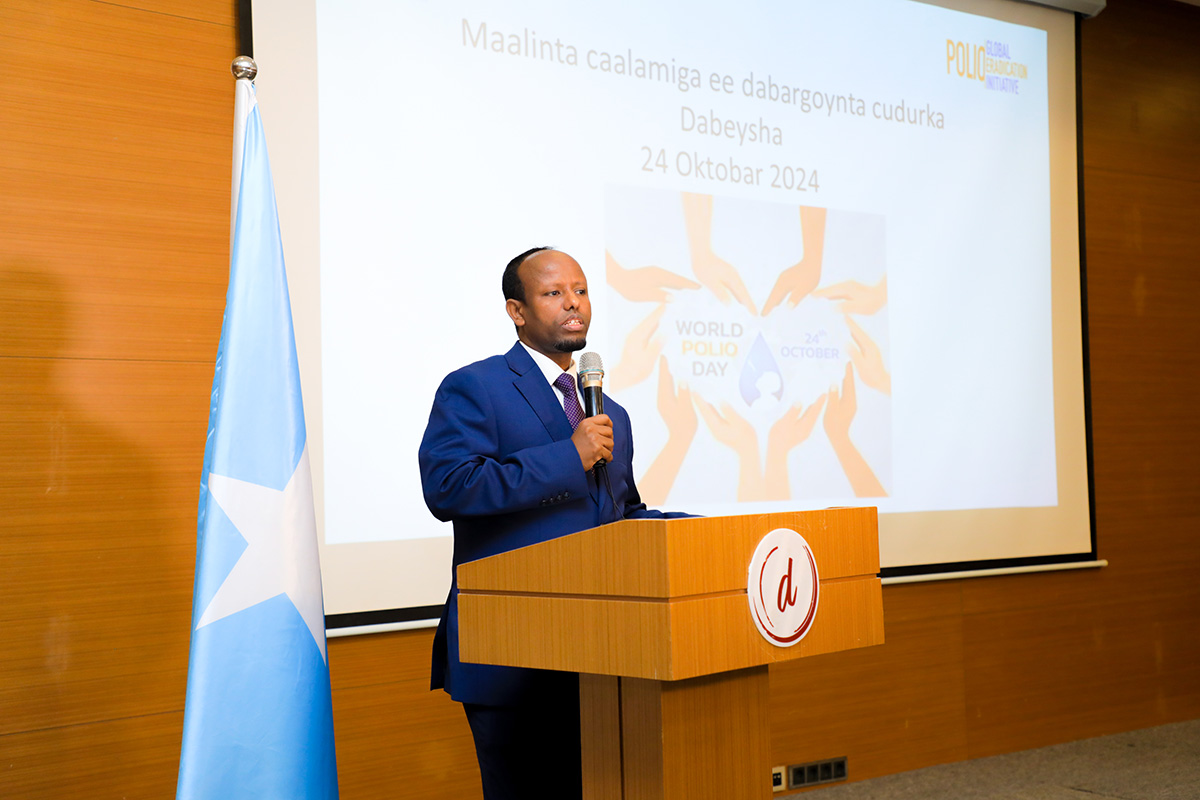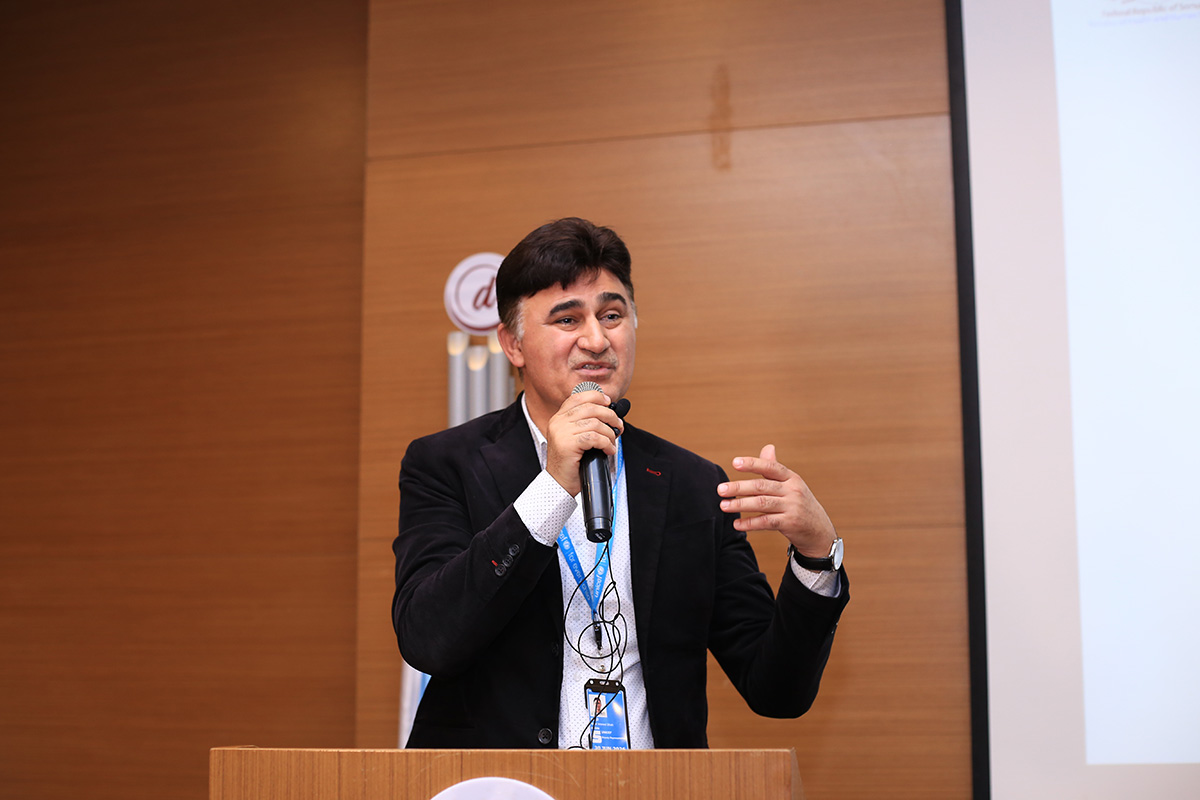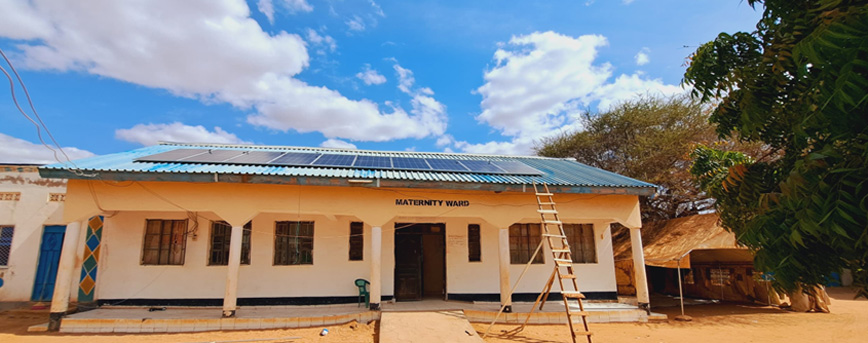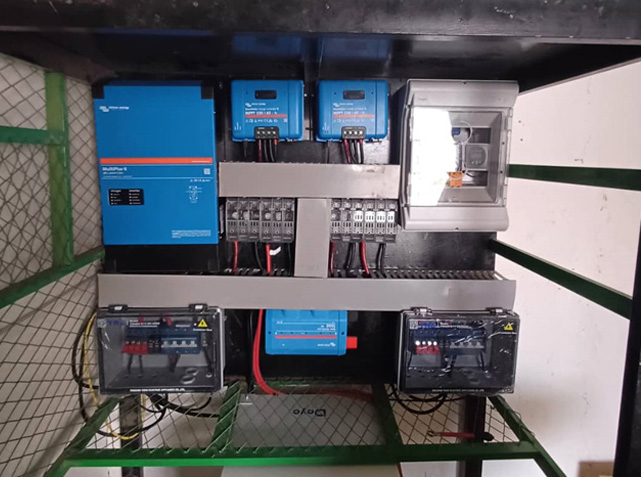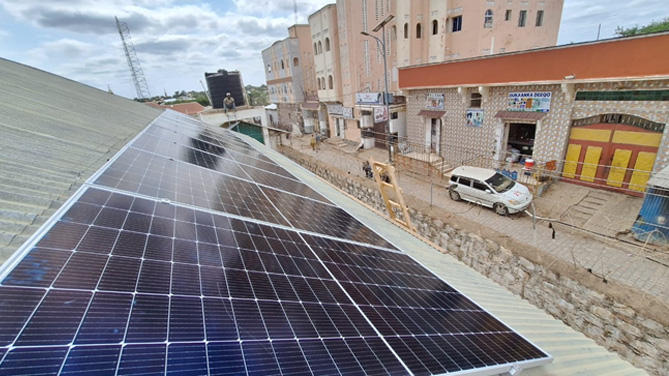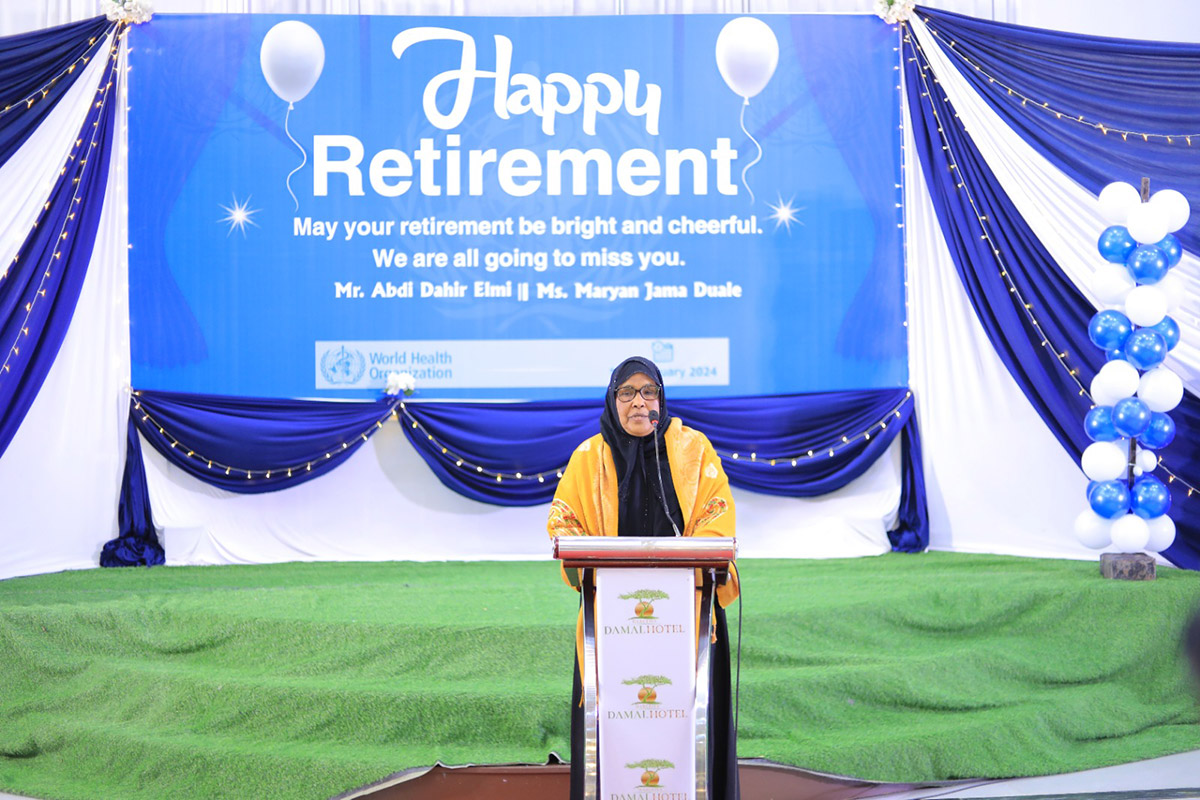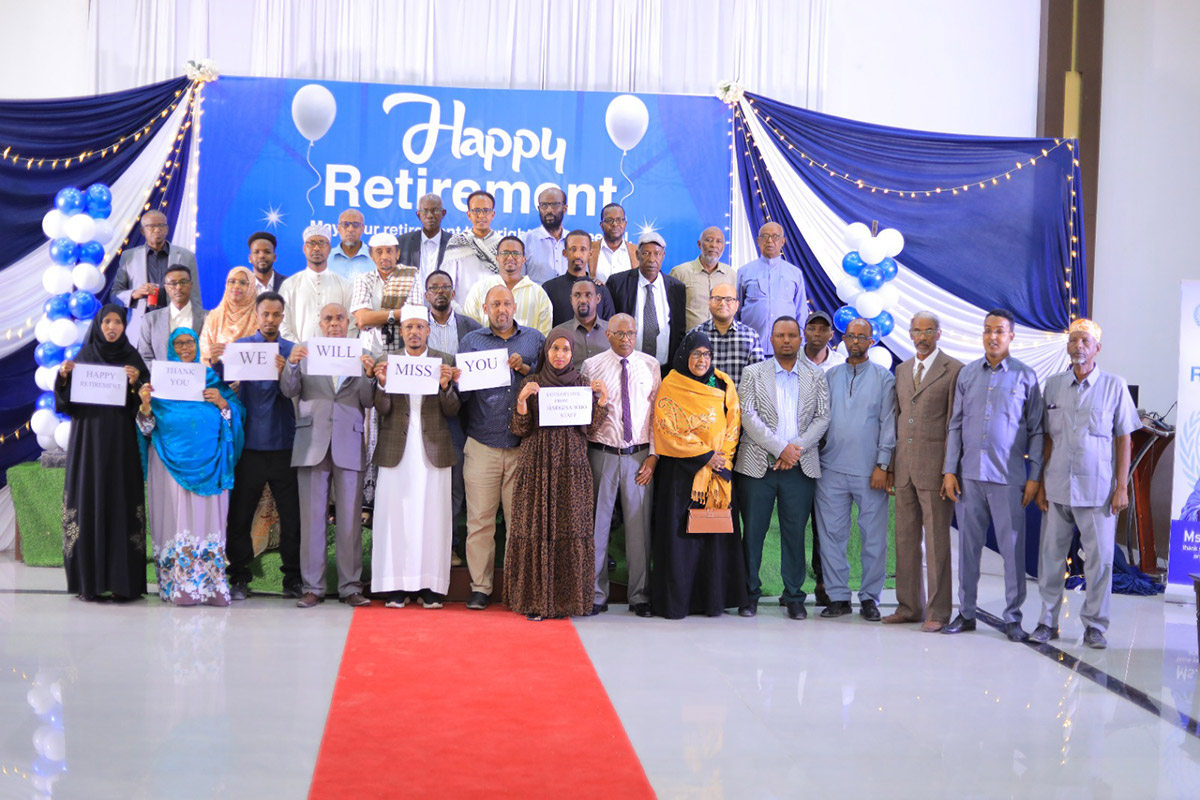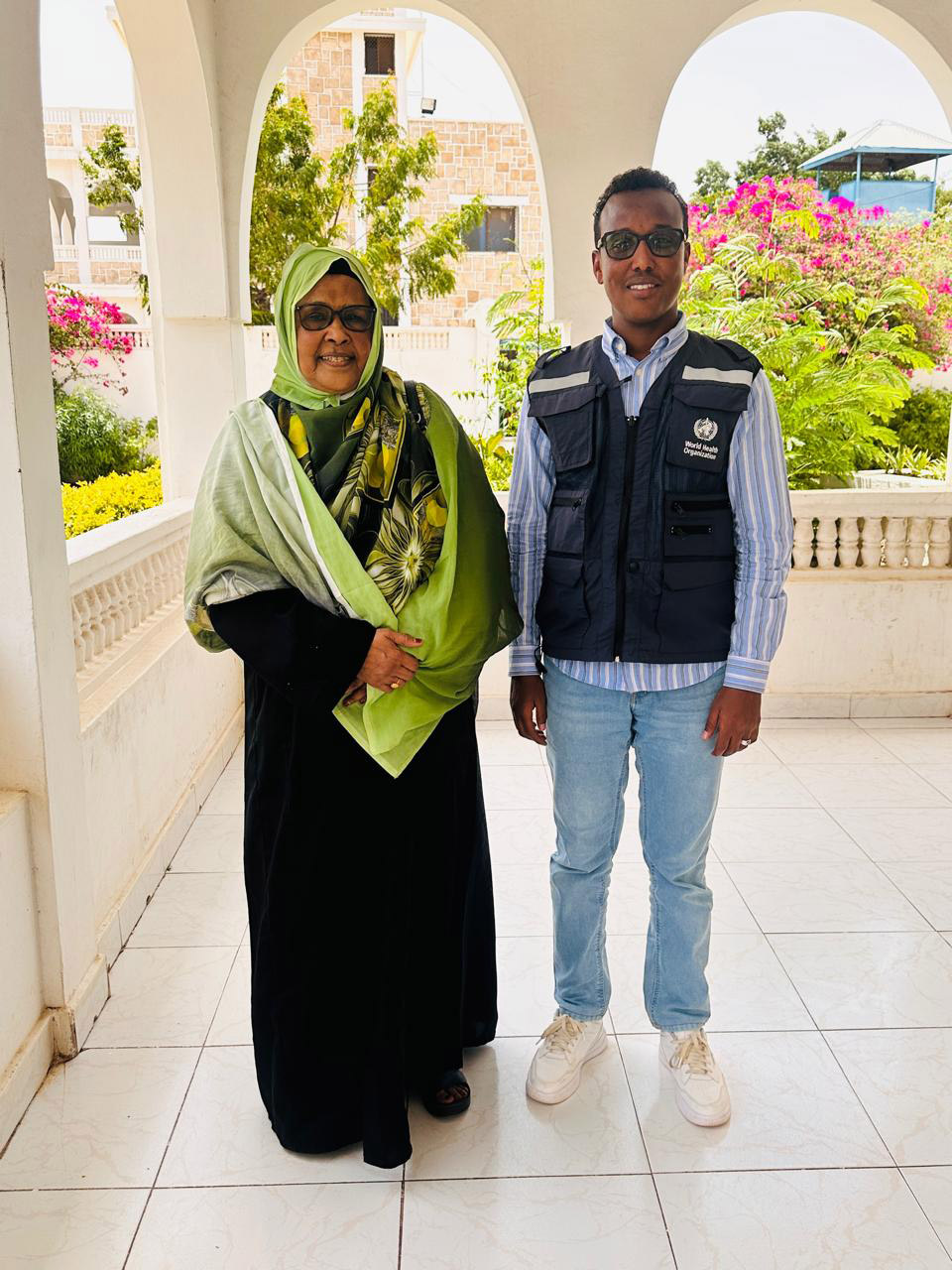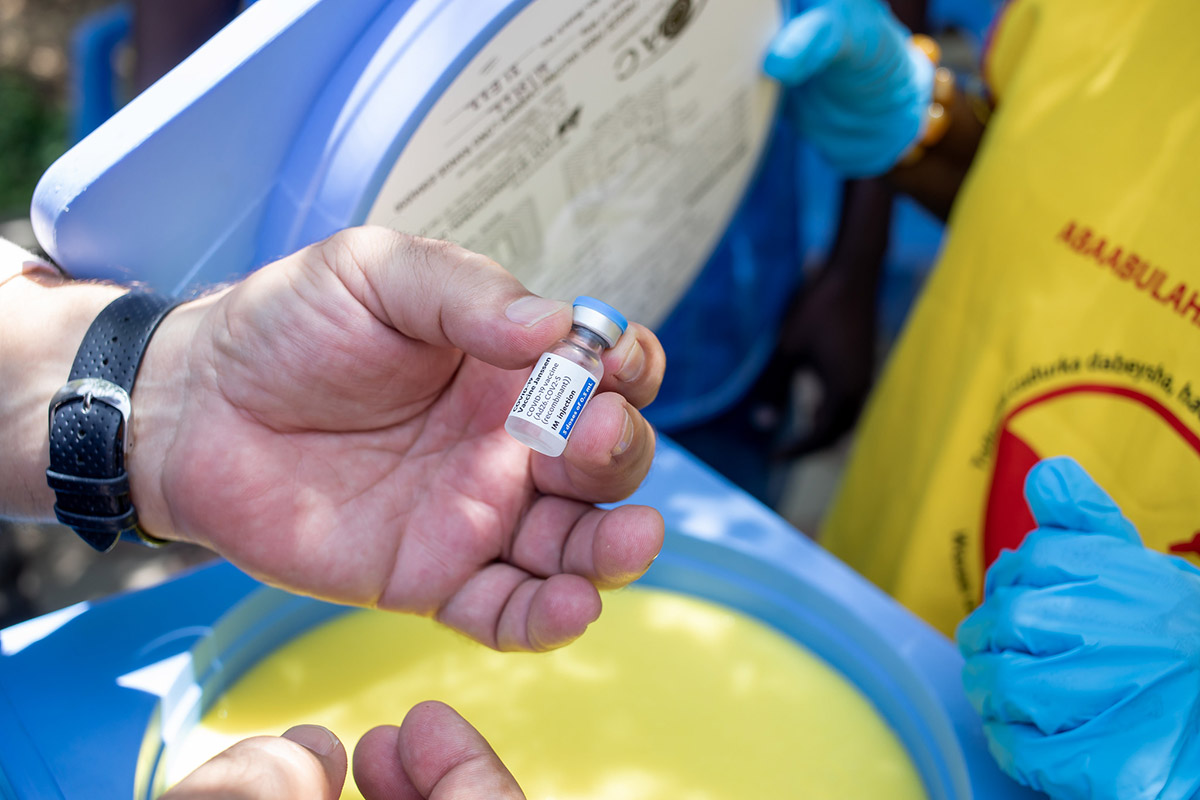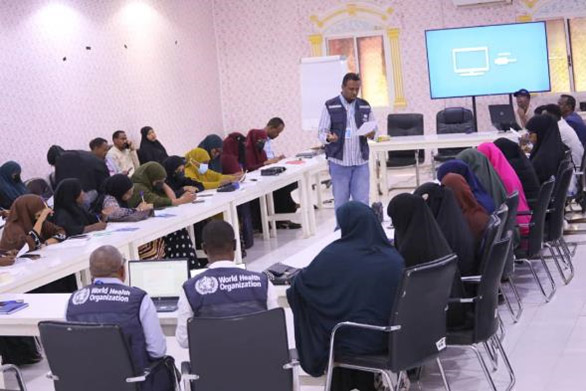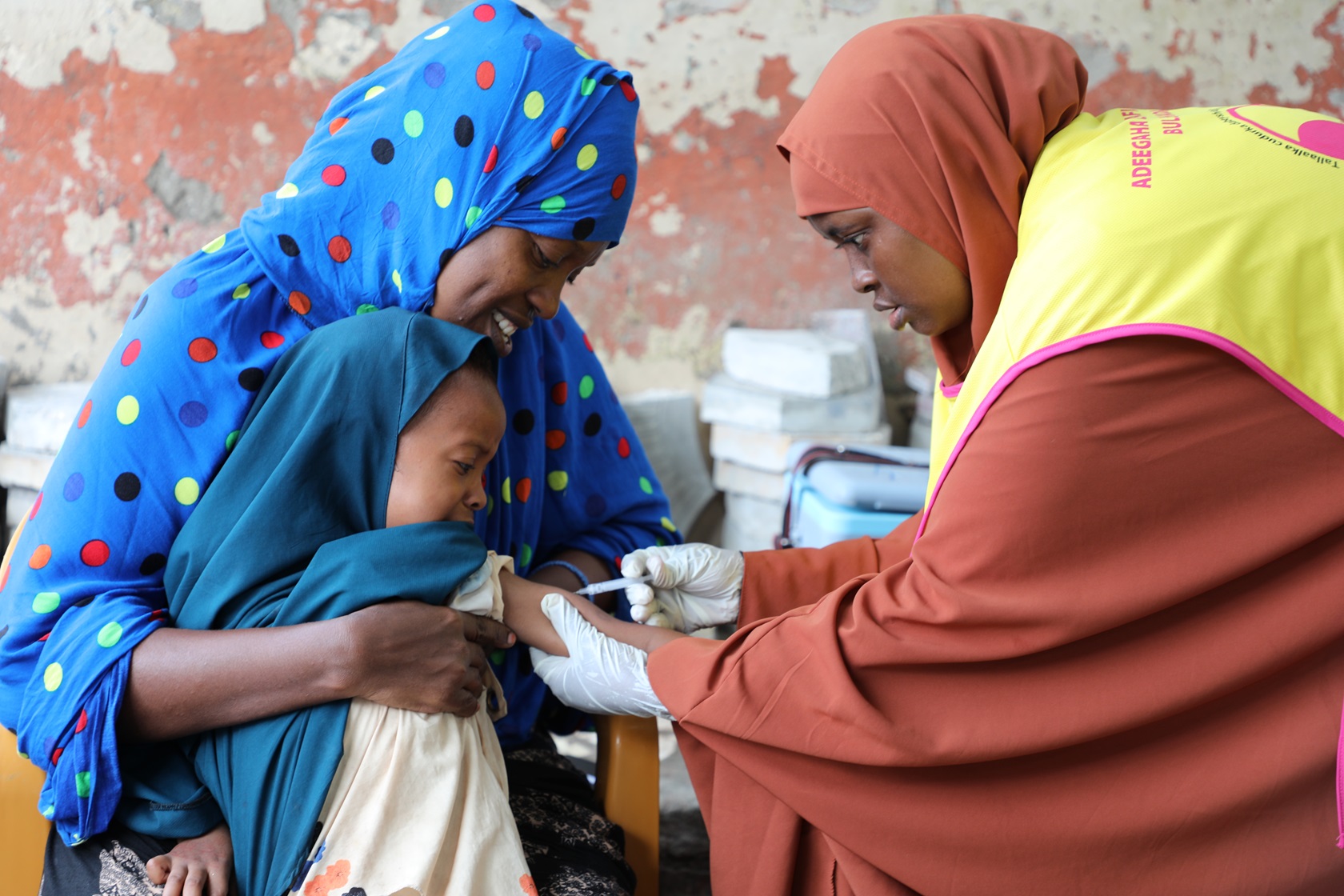
Hani’s blend of skill and courage has made her a pivotal figure in the ongoing fight against the disease.
The 36-year-old mother of 6 is one of thousands of health workers who vaccinate children against polio and other infectious diseases.
Before Hani embarked on a career in public health, she and her family were deeply affected by the civil war in Somalia when the long drawn out conflict tragically claimed her father's life. With the family deprived of its sole breadwinner, Hani was forced to drop out of elementary school. Later, though, she secured a place on a health training programme offered by the United Nations Children’s Fund (UNICEF).
After being trained on vaccination techniques in 2005, Hani was equipped with the skills needed to pursue a career administering vaccines to children and adults. "My goal was to learn a skill that could help me earn a living while assisting others. Since then, I have dedicated myself to this work," she says.
Overcoming challenges to immunization
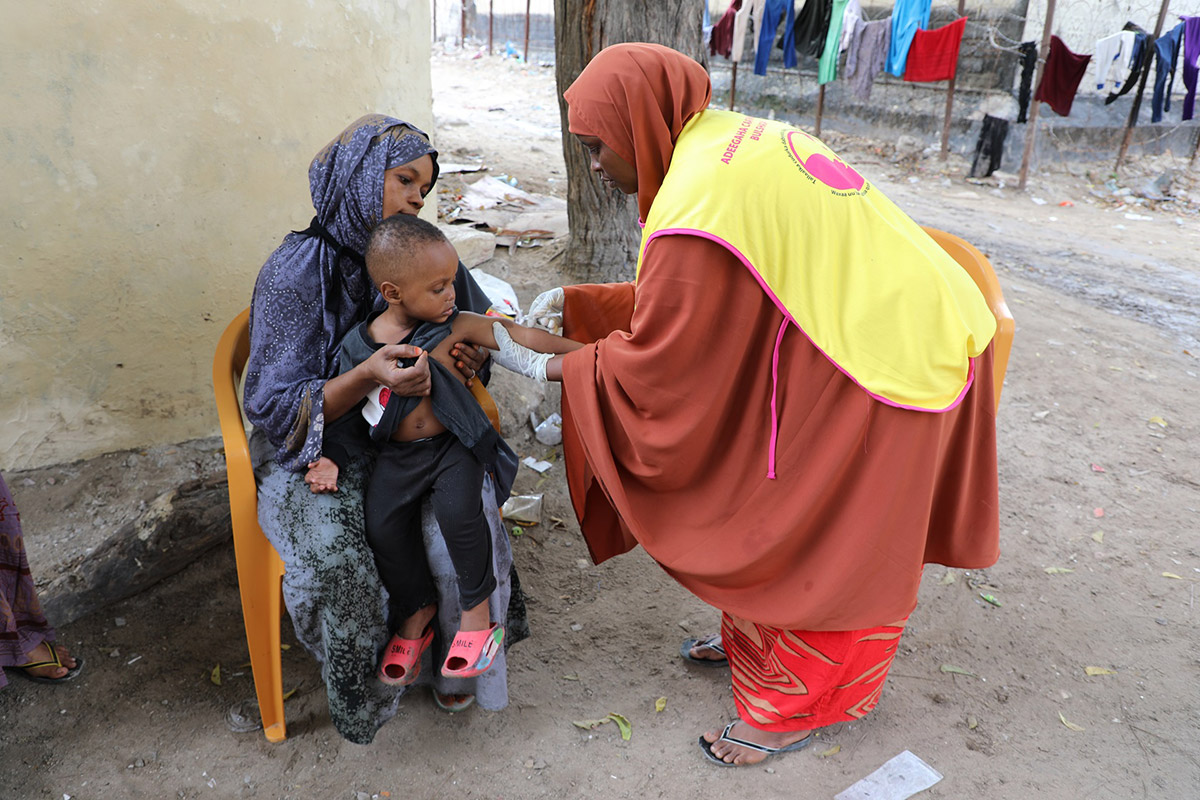
When Hani began working, the concept of vaccination was often misunderstood within the community. Undeterred, Hani and her team – including a supervisor, social mobilizer and recorder – persevered with their vital work.
“Initially, many people feared getting vaccinated. To build understanding, we worked with midwives, traditional leaders and religious figures to educate the community about the benefits of vaccination. Gradually, awareness levels grew, and acceptance of vaccines improved."
Currently, Hani and her team are working as part of the Big Catch-Up Initiative, a recovery plan initiated last year to close the immunization gaps that resulted from the COVID-19 pandemic.
At the Waberi Maternal and Child Health Centre (MCH) in Mogadishu, polio health workers assemble at 08:00 every day before embarking on door-to-door visits across the district.
"During vaccination campaigns, I leave my house in the morning, head to Waberi MCH and pick up my vaccine carrier and supplies and then vaccinate around 18 to 20 households each day,” says Hani, describing her daily routine which ends at 17:00.
Hani and her team say improved security and greater community acceptance of vaccines have made their work noticeably easier.
"Over the years, Somalia – formerly one of the most at-risk countries for polio – has made significant progress thanks to global efforts spearheaded by WHO. These initiatives have bolstered the fight against polio, and brought us close to the ultimate goal of eradicating the disease in Somalia."
Hani adds, however, that more work is needed to end the outbreak of variant poliovirus type 2 which began in 2017, and to strengthen routine immunization for children across the country.
